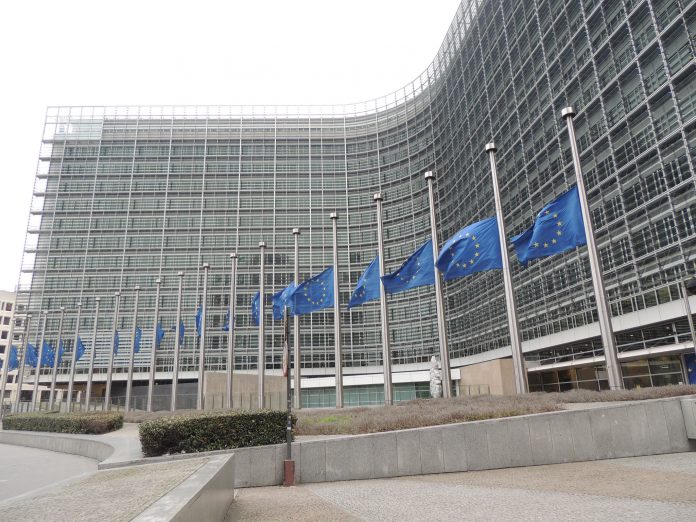A Communication outlining the ongoing work on the preparation for all possible outcomes of the United Kingdom’s withdrawal from the European Union was adopted by the European Commission on July 19.
The document calls on EU member states to step up preparations to ensure an orderly withdrawal. Also, member states will need to be prepared in case a withdrawal agreement is not in place by 30 March 2019 when the UK will leave the EU.
According to a Commission press release, Brexit will have repercussions for citizens, businesses and administrations in both the UK and the EU. These repercussions range from new controls at the EU’s outer border with the UK, to the validity of UK-issued licences, certificates and authorisations and to different rules for data transfers.
According to the Commission, all stakeholders, as well as national and EU authorities, need to prepare for two possible main scenarios. The first is that EU law will cease to apply to and in the UK on 1 January 2021, i.e. after a transition period of 21 months. This is if a withdrawal agreement has been ratified.
The second scenario is if the withdrawal agreement is not ratified. In this case, there will be no transition period and EU law will cease to apply to and in the UK as of 30 March 2019. This is referred to as the “no deal” or “cliff-edge” scenario.
“We want to be prepared for the two outcomes,” said Commission spokeswoman Mina Andreeva. “We’re working very hard for having a withdrawal agreement with the United Kingdom and of course we need to be prepared for all eventualities – and this is what leaders have also called for.”
As reported by Euronews, the UK’s new Brexit Secretary, Dominic Raab, met with the EU’s chief negotiator in Brussels. Raab, who took over from David Davis after he quit over the prime minister’s post-divorce trade plans, said the talks were constructive.

